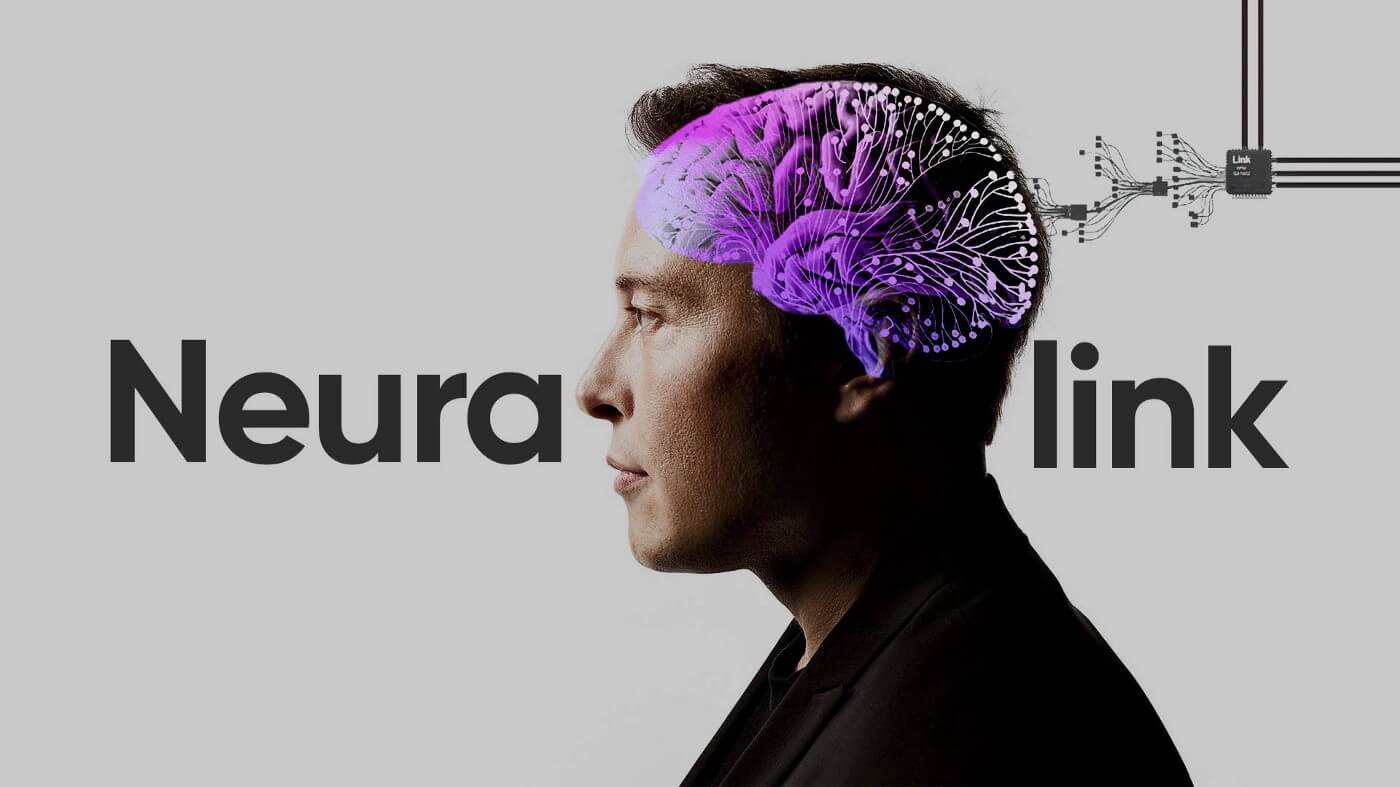No matter where you turned this year, it seemed Elon Musk was there. The world’s richest man and CEO of multiple companies always seemed to be in the spotlight, even when it wasn’t especially flattering.

With a personality as large as Musk’s, it’s easy to focus on the individual. But as the year comes to a close, how have his companies performed? It’s a bit of a mixed bag—though some of his most ardent supporters and biggest detractors might argue otherwise. Here’s a look at how Musk’s companies have done financially in 2023.
Twitter/X
None of Musk’s businesses bring about divided opinions quite like Twitter/X. The rapid change in policies, name changes, Musk’s comments about charging users, threats of lawsuits, actual lawsuits, and more have been exhausting. Musk’s own comments and retweets have been particularly polarizing, with his fans rallying behind him and opponents fuming. Many major advertisers have abandoned the platform, though that’s happened before and they came back.
The real indicator of how Twitter/X is doing came in October, when the company issued paperwork for stock grants for employees. The company, it said, was worth about $19 billion, roughly 55% less than the $44 billion Musk paid for it a year prior.
Musk is still optimistic about the site, though, planning to make it the foundation of an “everything” app that offers everything from banking to job searches.
Tesla
Tesla has certainly had its critics over the course of 2023. The electronic vehicle manufacturer has been criticized for failing to introduce a new model. It has significantly lowered prices. And it has seen competitors gain ground.
The rollout of the Cybertruck was underwhelming for many, with its $60,990 base price tag, a number that’s over 50% higher than Musk first announced in 2019. And while the waitlist is a long one, the company isn’t exactly cranking the vehicle out. And how demand will be after the waitlist is exhausted is a big question mark.
None of those questions or criticisms seemed to matter to investors, though. Tesla’s shares are up 122% year to date, an outstanding run considering the S&P 500 is up less than 20% this year.
SpaceX
SpaceX has been working at a frenetic pace in 2023. As of December 3, the company had launched 91 rockets this year, with a goal of 100 before year’s end. The launch of the Starship rockets didn’t go smoothly, but Musk has said even with the destruction of the rocket, the team “learned a lot.”
Earlier this week, the company reportedly began discussing selling insider shares, with a valuation of $175 billion. That’s higher than the $150 billion it was at this summer—and, although private and public company valuations don’t always translate, that would put the company alongside giants like Nike and T-Mobile.
Starlink
Technically part of SpaceX, this satellite internet service deserves some recognition of its own, given its growth this year. Musk announced in November that Starlink had “achieved breakeven cash flow”. The service has launched over 5,000 satellites to date and has over 2 million subscribers. Musk has talked about spinning it off publicly, but investor Ron Baroon says he doesn’t expect that to occur until 2027. Like many Musk-owned businesses, it courted some controversy this year, with Musk saying he withheld service in the Ukraine to thwart an attack against Russia. The company also was seemingly cleared to begin offering service in Gaza, though only if the satellites were approved by Israel. (Musk has not confirmed that himself.)
Boring Company
In comparison to Musk’s other holdings, things have been relatively quiet at the Boring Company. It has quietly put plans for self-driving vehicles on pause and suffered a good bit of employee churn. It also got initial approvals for a 68-mile station system in Las Vegas that could make it the de facto public transit provider for Sin City.
Musk, though, hasn’t seemed to have a lot of time for Boring Co. and, as such, things have been rather . . . well, boring in 2023.
Still, an employee share sale saw prices 22% higher than last year’s funding round, raising the valuation from $5.7 billion to over $7 billion.
Neuralink

Musk’s brain implant startup is looking for a volunteer for its first human clinical trial, after the FDA finally gave approval for the tests—and some Musk fans are lining up. That’s despite a report of gruesome deaths of monkeys who died during trials at the company. (Musk has disputed this, saying monkeys that died during the trials were terminally ill and their deaths were not related to Neuralink.)
There have also been allegations of unethical research practices and a toxic workplace culture. (The company hasn’t publicly responded to those claims.)
Despite the controversy, Neuralink raised an additional $43 million in venture capital in early August, in a round led by Peter Thiel’s Founders Fund. That likely boosted its valuation, which stood at $5 billion in June.
X.AI
Grok, Musk’s own generative artificial intelligence, has just started to roll out—and is only available to premium subscribers to Twitter/X. A filing with the Securities and Exchange Commission shows X.AI, the company behind it, has already raised nearly $125 million. Musk is looking to raise $1 billion more.
The company seeks to “understand the true nature of the universe,” according to its website.
